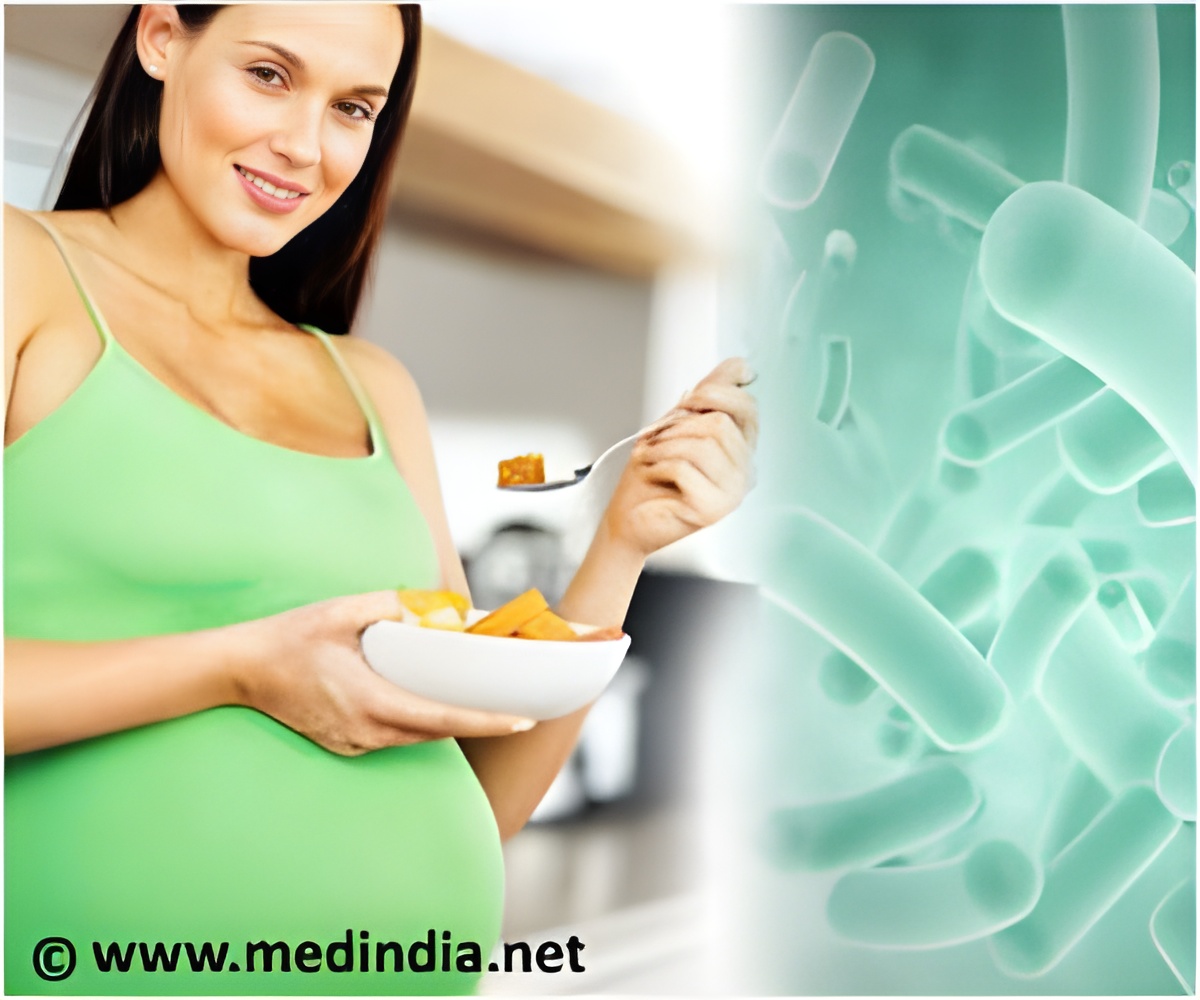Consuming a high-fat diet during pregnancy can increase the risk of diseases like diabetes in the baby and shifting to a low-fat diet can reverse the outcome.

‘Mother's who shift their diet from high-fat to low-fat can reduce the risk of certain diseases that may occur in their babies later in life.’





Yuan-Xiang Pan, a professor in the Department of Food Science and Human Nutrition at U of I, along with Laura Moody, a doctoral student in the Division of Nutritional Sciences at U of I study how early-life nutrition affects later generations and offspring health. In a new study published in the journal, Epigenomics, the researchers focused on whether a post-weaning diet, or a diet later in life, could control the epigenome and affect metabolism in the body.Epigenetics does not involve changes to the DNA sequence, but are changes that modify gene expression. A person's epigenome is inherited, but it is also reversible based on what you eat, whether you exercise, and even where you live, for example.
"Traditional genetics says that you inherit a sequence from your parents. Epigenetics says you can inherit these other changes to the DNA, as well," Moody explains. "This is where the whole maternal programming of metabolism--the epigenome--comes into play. We wanted to show these changes are easily altered, even after this critical period. You can still change that epigenome later in life.
"The message is not that the high-fat diet is itself bad, but rather you always have the opportunity to change it later. It's not like you are doomed by what your mom or dad did in early in life," she adds.
For the study, the researchers looked at rats that were exposed to a high-fat diet (45 percent fat) during gestation and lactation. At weaning, some of the rats stayed on a high-fat diet and some were put on a low-fat diet (16 percent fat).
Advertisement
Scans showed remodeled DNA methylation patterns in the low-fat group, which changed gene expression associated with fat metabolism and inflammation in the liver; there was less fat accumulation and inflammation in the liver. This shows that DNA methylation is responsive to dietary changes later in life.
Advertisement
"There were definitely physiological outcomes, but we focused on the epigenetic outcomes," Moody says. "We did a whole genome scan, so we weren't just looking in one particular area. So I think it's even more impressive that it was these specific pathways the type 2 diabetes mellitus pathways--that were metabolically related that were the most changed."
Because research some from Pan's own lab has shown that the early-life environment, including nutrition, can program certain diseases such as obesity, diabetes, and even some cancers, the study may offer good news for health throughout the lifespan.
"The early-life environment will mark your epigenome in a certain way so that you may develop certain phenotypes or disease states. Our study shows that after that early programming state, after weaning, and after the lactation period, when we introduced a new type of diet it changed the epigenome in a way that actually affects metabolism and potentially will reduce some of the damage caused by an early-life high-fat exposure," Pan says.
Pan adds that their study shows that the "reprogramming" is possible at least from the point of post-weaning. "Whether we can start from adolescence, or even later in life, we don't know that yet. But hopefully our study shows that by simply changing nutrition you can reverse some of the potential consequences."
Pan's goal is also to continue identifying potential molecular mechanisms involved in this early programming. "If we identify mechanisms, then we can do more detection of disease risk. Even if we don't know what happened during a person's early-life environment, but we do know that they have the potential to develop these kinds of diseases, we can tell them to pay attention to their diet, environment, stress, etc. to minimize the risk of eventually developing these diseases.
"Goal two is to find intervention strategies, including this case, where we show that if you switch to a different diet you actually can specifically remodel the epigenome in the liver related to certain metabolic pathways," he says.
Moody says she will continue to take a more whole-body systemic approach to understand how dietary patterns can affect the epigenome in different tissues in the body and how that can reduce disease risk.
Source-Eurekalert















